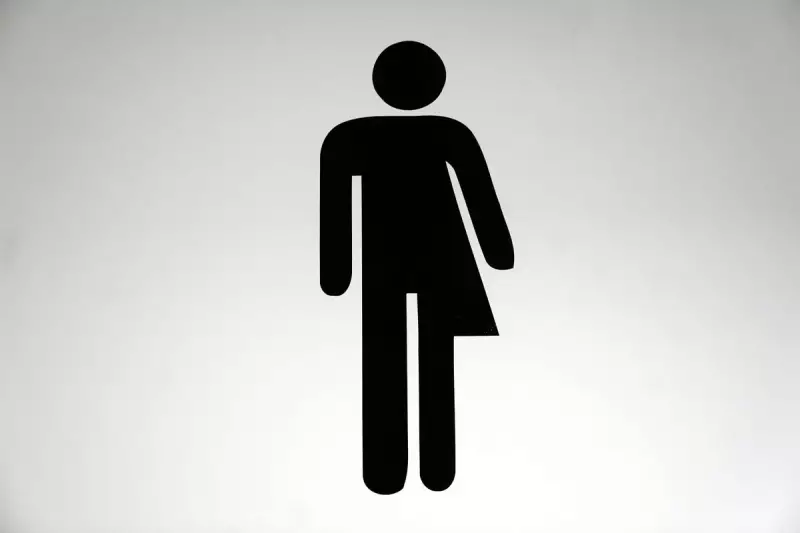
The UK's landmark Equality Act has become the epicentre of a fierce and deeply polarising national debate. The controversy was ignited by Business Secretary Kemi Badenoch, who has boldly proposed a redefinition of the term 'sex' within the act to mean biological sex alone.
This move, while presented as a measure to clarify and protect single-sex spaces for women, has drawn immediate and vehement criticism from LGBTQ+ advocacy groups and human rights organisations. They argue that such a change would effectively strip away vital legal protections for transgender individuals, potentially legitimising discrimination in areas like employment, housing, and access to public services.
The Core of the Conflict
Proponents of the change, including several high-profile feminist groups, contend that the current legislation is模糊 (ambiguous) and undermines the original intent of single-sex exceptions. They assert that spaces like domestic violence shelters, hospital wards, and changing rooms must be preserved based on biological sex to ensure the privacy, safety, and dignity of women and girls.
Conversely, opponents warn that redefining 'sex' would be a monumental step backwards for equality. They fear it would create a two-tier system where transgender people, particularly trans women, could be openly excluded from vast swathes of public life, undoing years of progress and embedding inequality into law.
A Political Hot Potato
Badenoch's intervention has thrust the issue to the forefront of British politics, creating a significant challenge for Prime Minister Rishi Sunak. The government now finds itself walking a tightrope, attempting to balance the demands of different factions within its own party and the wider electorate.
The debate transcends traditional party lines, creating unusual alliances and deep divisions. It forces a difficult conversation about the boundaries of inclusion, the nature of legal definitions, and how a modern society reconciles competing rights and safeguards.
As the argument rages in parliament, the media, and across the country, the outcome of this proposal will have profound and lasting implications for the legal landscape of equality and human rights in the United Kingdom.





